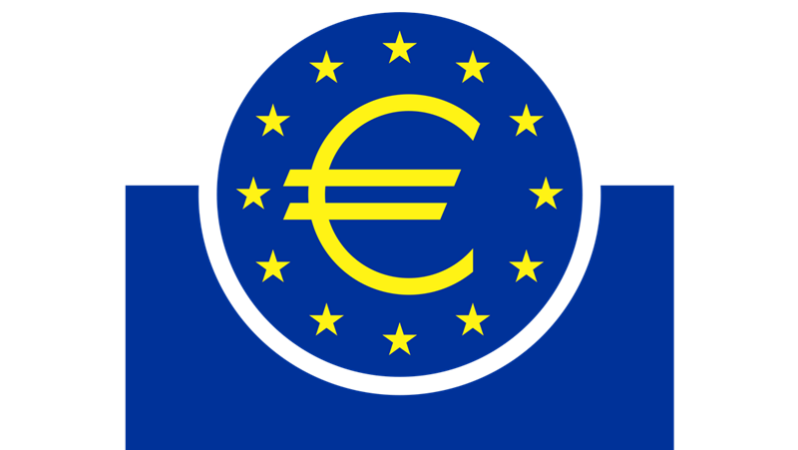The European Central Bank (ECB) is considering further interest rate hikes as inflation in the Eurozone remains stubbornly high. Despite a series of rate increases over the past year, inflation continues to challenge the ECB’s monetary policy, prompting discussions about additional measures to stabilize the economy.
ECB President Christine Lagarde has emphasized the need for vigilance in addressing inflationary pressures. The central bank’s primary goal is to ensure price stability, which is crucial for sustainable economic growth. However, the persistent rise in consumer prices has complicated the ECB’s task, as higher interest rates could potentially slow down economic activity.
The Eurozone’s inflation rate has been influenced by various factors, including rising energy prices and supply chain disruptions. These challenges have led to increased costs for businesses and consumers, contributing to the overall inflationary trend. The ECB’s decision-making process involves balancing the need to control inflation with the potential impact on economic growth.
One of the key tools at the ECB’s disposal is its benchmark interest rate, which influences borrowing costs for businesses and consumers. By raising interest rates, the central bank aims to curb spending and investment, thereby reducing demand and easing price pressures. However, this approach can also lead to slower economic growth, which is a concern for policymakers.
In addition to interest rate adjustments, the ECB is also exploring other measures to address inflation. These include targeted lending programs and asset purchase schemes designed to support specific sectors of the economy. The central bank’s approach is to use a combination of tools to achieve its inflation target while minimizing negative impacts on growth.
The ECB’s actions are closely monitored by financial markets, as they have significant implications for the Eurozone’s economic outlook. Investors and analysts are particularly focused on the central bank’s communication regarding future policy moves. Clear guidance from the ECB can help manage market expectations and reduce uncertainty.
As the ECB navigates the challenges of high inflation, its decisions will be crucial in shaping the economic trajectory of the Eurozone. The central bank’s commitment to price stability, coupled with its flexible approach to monetary policy, will be key factors in determining the success of its efforts to combat inflation and support sustainable growth.
 Anasayfa
Anasayfa Canlı Borsa
Canlı Borsa Borsa
Borsa Döviz Kurları
Döviz Kurları Altın
Altın Hisse Senetleri
Hisse Senetleri Endeksler
Endeksler Döviz Hesaplama
Döviz Hesaplama Döviz Çevirici
Döviz Çevirici Kredi Arama
Kredi Arama

































































































